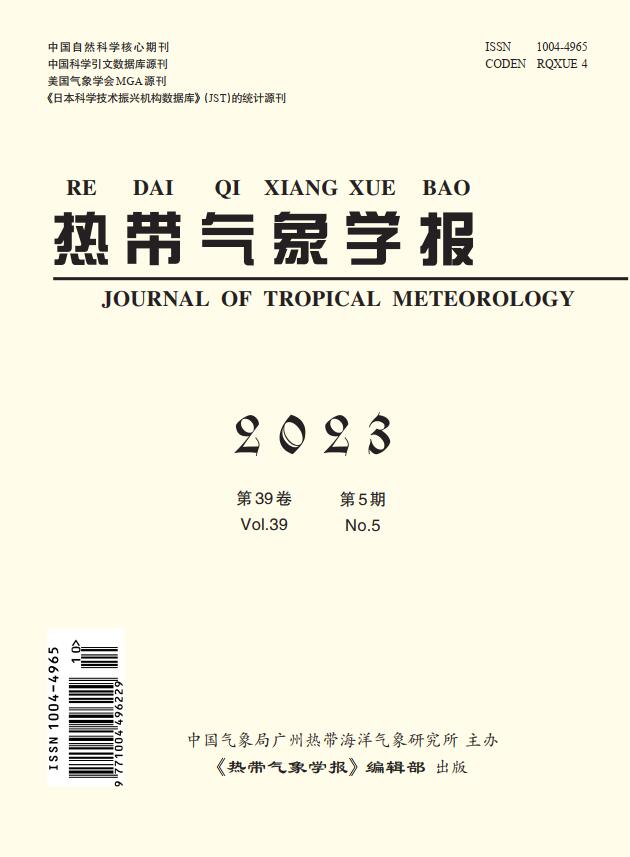Diversity on the Interannual Variations of Spring Monthly Precipitation in Southern China and the Associated Tropical Sea Surface Temperature Anomalies
IF 1.4
4区 地球科学
Q4 METEOROLOGY & ATMOSPHERIC SCIENCES
引用次数: 0
Abstract
: There is a continuous and relatively stable rainy period every spring in southern China (SC). This spring precipitation process is a unique weather and climate phenomenon in East Asia. Previously, the variation characteristics and associated mechanisms of this precipitation process have been mostly discussed from the perspective of seasonal mean. Based on the observed and reanalysis datasets from 1982 to 2021, this study investigates the diversity of the interannual variations of monthly precipitation in spring in SC, and focuses on the potential influence of the tropical sea surface temperature (SST) anomalies. The results show that the interannual variations of monthly precipitation in spring in SC have significant differences, and the correlations between each two months are very weak. All the interannual variations of precipitation in three months are related to a similar western North Pacific anomalous anticyclone (WNPAC), and the southwesterlies at the western flank of WNPAC bring abundant water vapor for the precipitation in SC. However, the WNPAC is influenced by tropical SST anomalies in different regions each month. The interannual variation of precipitation in March in SC is mainly influenced by the signal of El Niño-Southern Oscillation, and the associated SST anomalies in the equatorial central-eastern Pacific regulate the WNPAC through the Pacific-East Asia (PEA) tele-connection. In contrast, the WNPAC associated with the interannual variation of precipitation in April can be affected by the SST anomalies in the northwestern equatorial Pacific through a thermally induced Rossby wave response. The interannual variation of precipitation in May is regulated by the SST anomalies around the western Maritime Continent, which stimulates the development of low-level anomalous anticyclones over the South China Sea and east of the Philippine Sea by driving anomalous meridional vertical circulation.华南春季月降水年际变化多样性及其相关的热带海温异常
本文章由计算机程序翻译,如有差异,请以英文原文为准。
求助全文
约1分钟内获得全文
求助全文
来源期刊

热带气象学报
METEOROLOGY & ATMOSPHERIC SCIENCES-
CiteScore
1.80
自引率
8.30%
发文量
2793
审稿时长
6-12 weeks
期刊介绍:
Information not localized
 求助内容:
求助内容: 应助结果提醒方式:
应助结果提醒方式:


